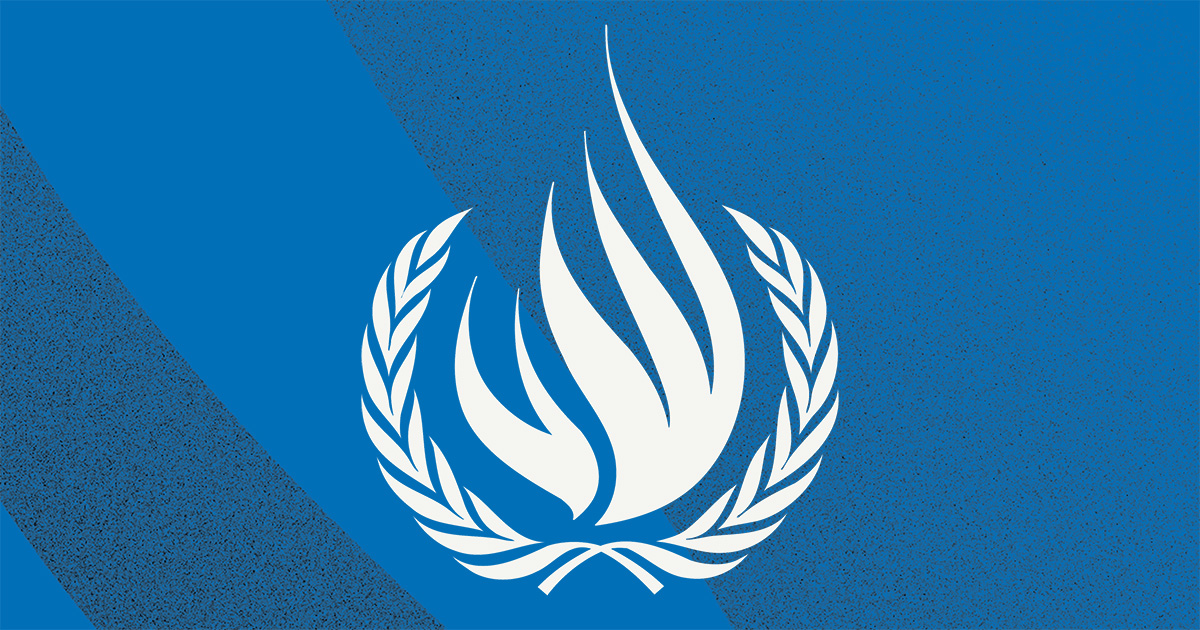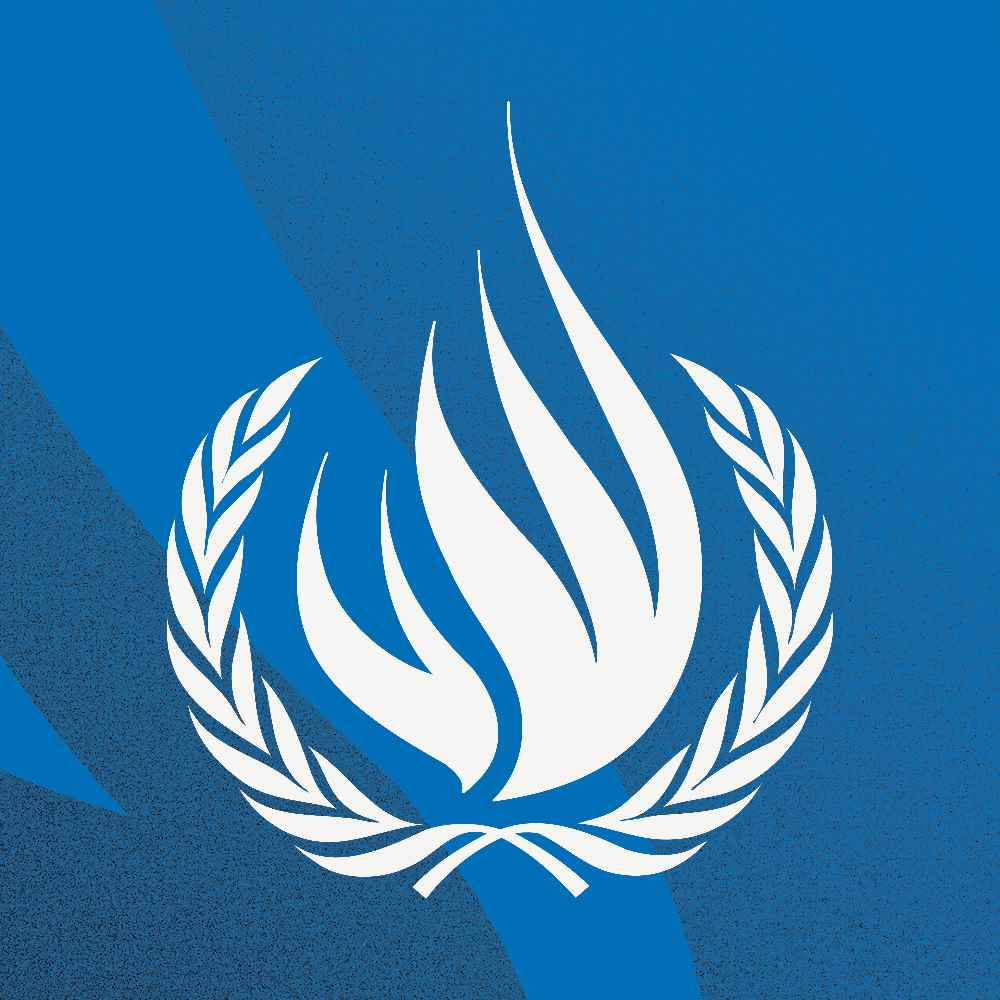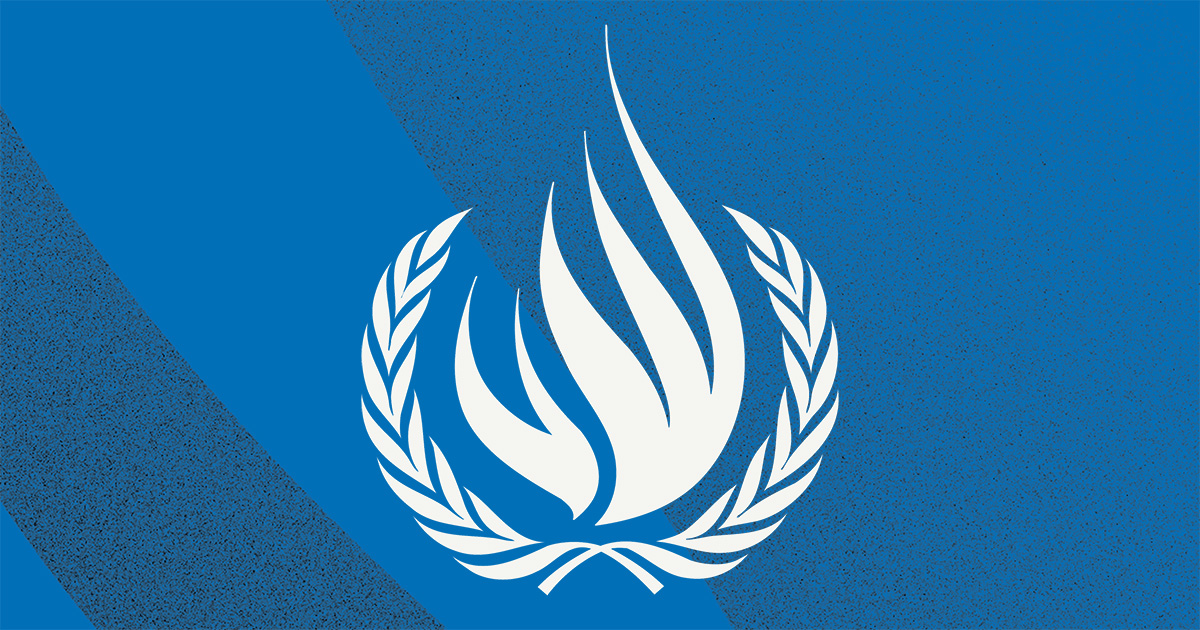
GENEVA (6 September 2022) – UN experts today expressed concern that the decision to cut lines of communication and correspondence to and from Russia and Belarus following unilateral sanctions were depriving people in the two countries of postal exchanges and violating their human rights.
The experts warned that the move had isolated civilians in those countries from their loved ones and blocked their access to information.
“Measures instituted on 24 March 2022 by the joint Danish-Swedish postal company PostNord cutting postal services to-and-from Russia and Belarus following sanctions by the European Union, United States, and several other states, critically and overwhelmingly affect civilians,” the experts said.
The company announced earlier this year that letters or packages addressed to persons in Russia and Belarus would be returned to the sender or confiscated until clear directive is received by sanctioning authorities or a screening system was put in place.
Meanwhile, the experts said thousands of people across the two countries have been cut off from relatives and loved ones, at a time when news is critical.
“[We] recall the obligation of private entities to ensure neither their actions, decisions, nor activities impact the human rights of any individual, and the protection of these rights. The obstruction of essential documents including legal, medical, fiscal, and others, which may amount to a lifeline for individuals, deny persons the possibility to freely exercise and fully enjoy their basic rights,” they said.
The experts recalled that the Treaty of Bern of 1874 established a universal postal territory, as a guarantee of the freedom of correspondence, which shall be observed in all situations, and all states parties are obliged to observe obligations set out in the Treaty.
“States have an obligation to guarantee that all public and private entities under their jurisdiction do not violate these obligations and uphold human rights,” the UN experts said.
They noted that while modern technology had made alternative communication possible, it did not allow for the transfer of hard copy letters and other essential documents, including of a medical or legal nature, with potentially adverse consequences on the right to privacy, freedom of expression, and, in some cases, the right to life, health and education of individuals.
“We urge postal services and companies to question and reject blanket overcompliance practices of an extraterritorial nature. We also call on lawmakers to be thoughtful and specific at the moments of drafting and enforcement of sanctions, which may have detrimental effects on the lives of citizens at a global scale,” the experts said.
ENDS
*The experts: Alena Douhan, Special Rapporteur on the negative impact of the unilateral coercive measures on the enjoyment of human rights; Obiora C. Okafor, Independent Expert on human rights and international solidarity.
The Special Rapporteurs are part of what is known as the Special Procedures of the Human Rights Council. Special Procedures, the largest body of independent experts in the UN Human Rights system, is the general name of the Council’s independent fact-finding and monitoring mechanisms that address either specific country situations or thematic issues in all parts of the world. Special Procedures’ experts work on a voluntary basis; they are not UN staff and do not receive a salary for their work. They are independent from any government or organization and serve in their individual capacity.
For more information and media requests please contact: Damianos Serefidis (damianos.serefidis@un.org)
For media inquiries related to other UN independent experts, please contact Renato Rosario De Souza (renato.rosariodesouza@un.org ) or Dharisha Indraguptha (dharisha.indraguptha@un.org )
Follow news related to the UN"s independent human rights experts on Twitter @UN_SPExperts
Concerned about the world we live in?
Then STAND UP for someone"s rights today.
#Standup4humanrights
and visit the web page at http://www.standup4humanrights.org









